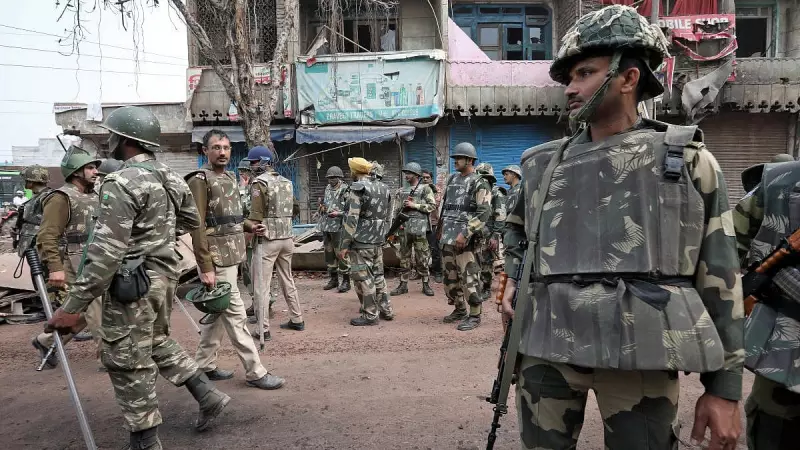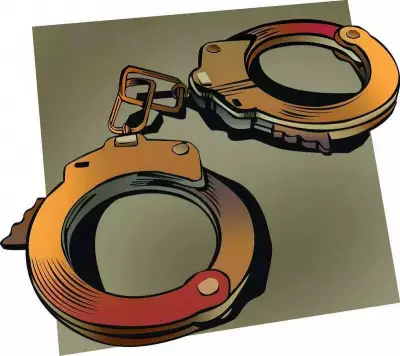
In a significant development before the Supreme Court, the Delhi Police has made startling claims that professionals including doctors and engineers have been involved in anti-national activities. The revelation came during legal proceedings concerning the Delhi riots cases that have been pending trial.
Legal Arguments in Supreme Court
Additional Solicitor General SV Raju, representing the Delhi Police, presented the law enforcement agency's position before the apex court. The Delhi Police counsel argued that the delay in trial proceedings was primarily attributable to the accused individuals. This statement forms a crucial part of the police's legal defense regarding the pace of judicial processes in these sensitive cases.
The representation made on November 20, 2025, emphasized that those facing charges cannot benefit from the procedural delays they themselves have caused. This legal position sets the stage for important interpretations of justice delivery in cases involving serious allegations against educated professionals.
White-Collar Involvement in Unrest
The Delhi Police's submission brings to light the concerning trend of educated professionals allegedly participating in activities deemed anti-national. Specifically mentioning doctors and engineers, the police claims indicate a shift in the profile of individuals involved in such activities, moving beyond traditional suspects to include highly educated members of society.
This development raises serious questions about the nature of anti-national activities and the involvement of professionals who typically enjoy respect and trust within their communities. The allegations suggest that the Delhi riots saw participation from individuals across various socioeconomic backgrounds.
Implications for Justice System
The legal arguments presented carry significant implications for how the justice system handles cases involving educated professionals accused of serious crimes. The Delhi Police's position that accused persons cannot benefit from trial delays they allegedly caused could set important legal precedents for future cases involving similar circumstances.
As the Supreme Court considers these arguments, the legal community watches closely how this might affect the balance between defendants' rights and the state's responsibility to prosecute cases efficiently. The outcome could influence how courts handle delays in complex cases involving multiple accused persons from diverse professional backgrounds.
The case continues to develop as the Supreme Court examines the merits of the Delhi Police's arguments and the broader implications for justice delivery in cases involving allegations of anti-national activities by professionals.





